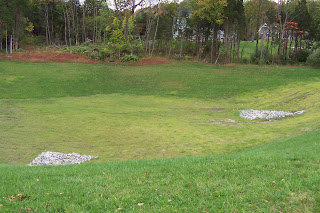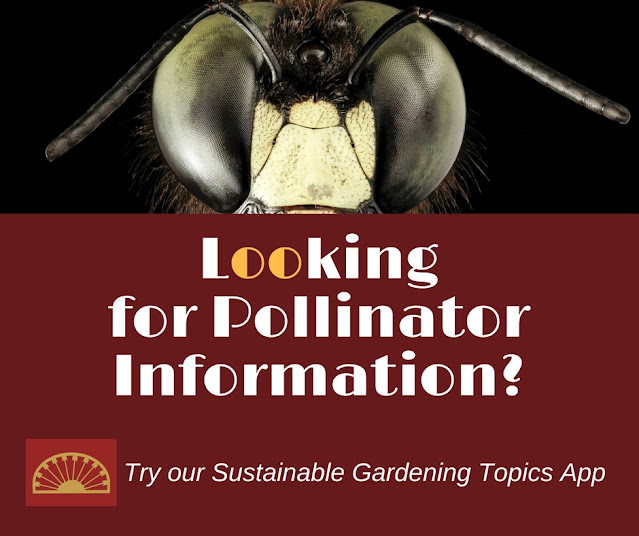Think Before You Axe
Guest blog by Fred Gillespie
Trees. For many individuals trees are usually viewed as things of beauty. Joyce Kilmer said as much in his poem, “Trees,” written in 1913 as part of a collection of his works published in 1914 under the title, “Trees And Other Poems.” We have since come to learn, however, that there are considerably more benefits that trees provide besides their aesthetic pleasure.
For example, trees, whether alive, in stages of decay, or dead, provide nests, nesting materials, and protection from the elements for a wide range of bird and animal life. Many also serve as a food source. In addition, they also emit oxygen into the earth’s atmosphere, while their roots aid in maintaining the quality of the water in streams and rivers by limiting and/or preventing soil erosion. A single mature tree can absorb one ton of carbon dioxide during its lifetime.
The Association of New Jersey Environmental Commissions (ANJEC) notes that construction sites may produce as much as 250 times the normal amount of soil erosion when builders clear cut and bulldoze the entire lot instead of leaving trees standing to reduce soil disturbance.
The leaves of trees break the impact of rain so that more water can evaporate, or drip gradually into the soil, thus replenishing ground water supplies. Trees also scrub ozone, sulfur dioxide and other pollutants from the air we breathe. Preserving and planting trees can help reduce energy costs as well. Deciduous trees planted on the south, east, and western sides of a house can reduce energy costs produced by the use of air conditioners during the summer months when the leaves are full; and aid in cutting fuel costs in the winter when the leaves have fallen and increased sunlight strikes the house. Evergreens planted on the north side can aid in blocking those cold winter winds.
So before a decision is made to take any down, it would be advisable to consider the benefits trees provide and “think before you axe.”

